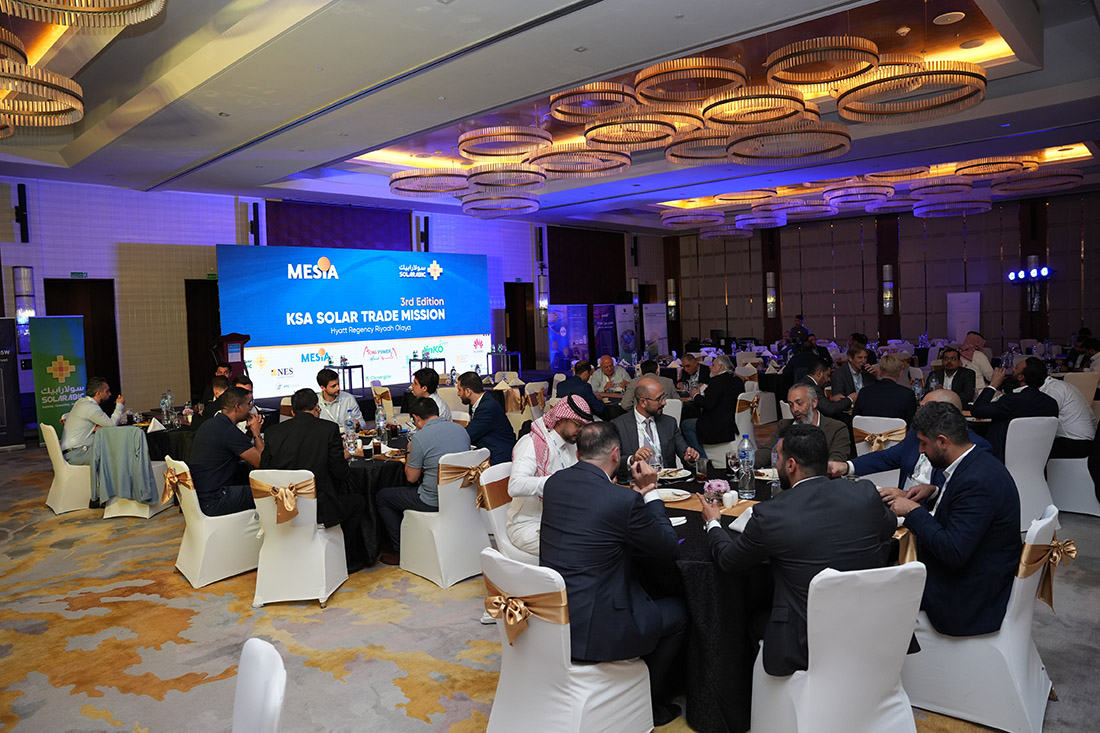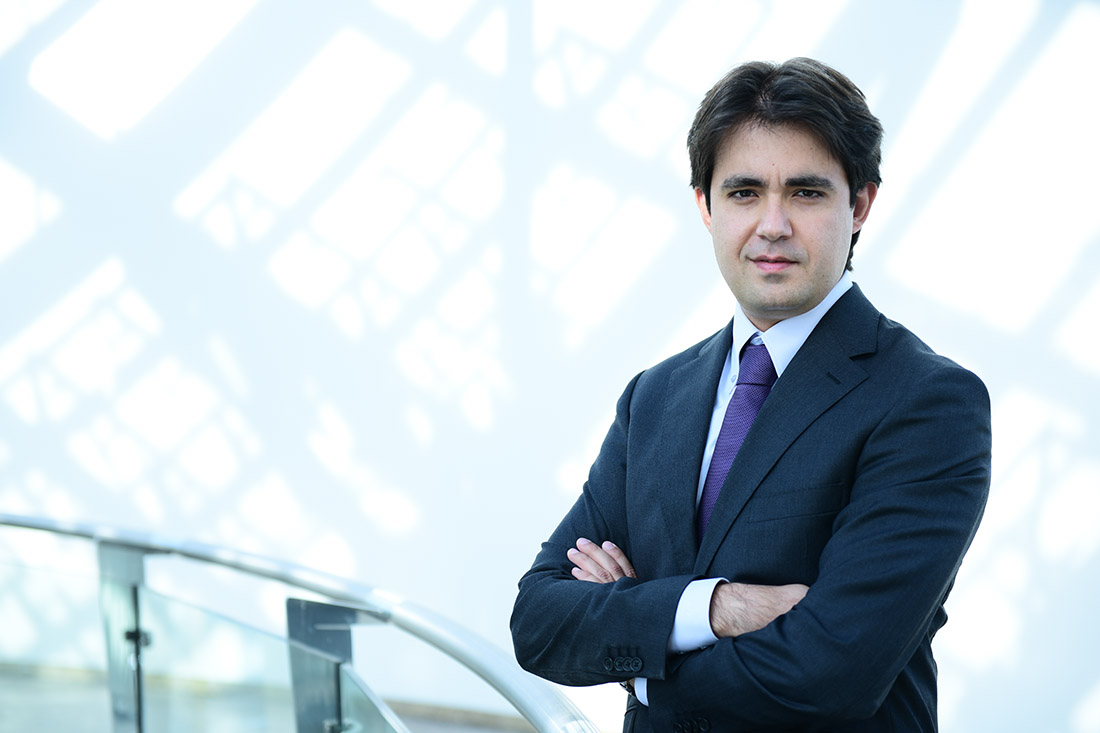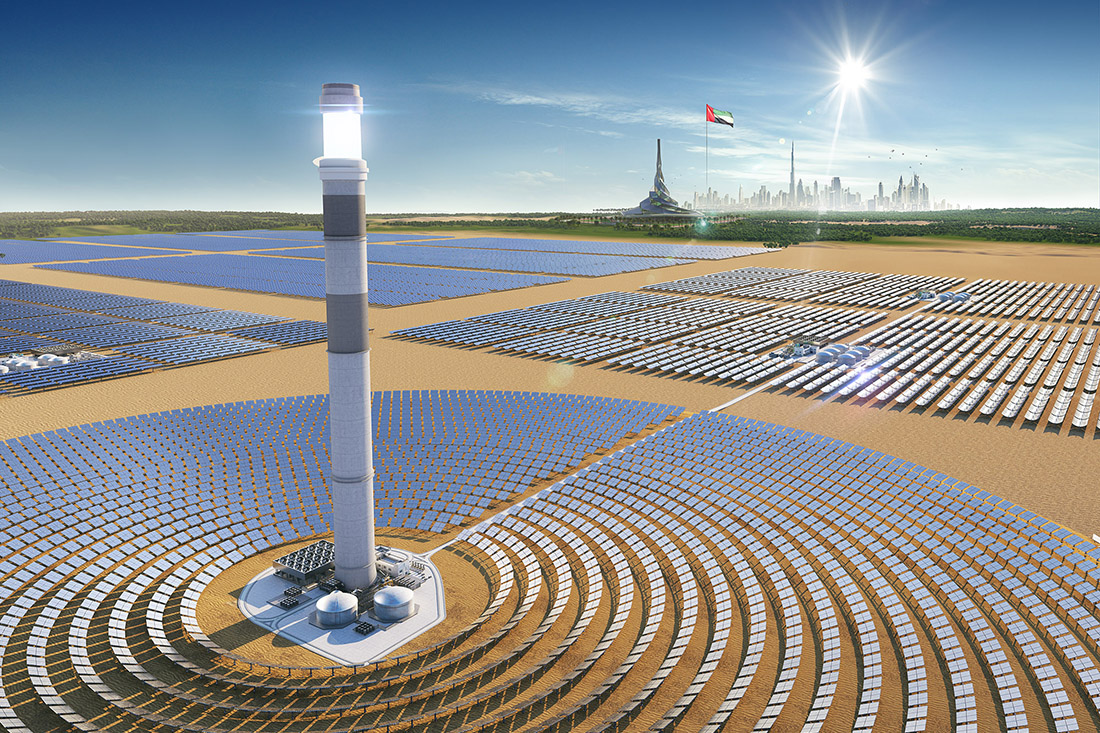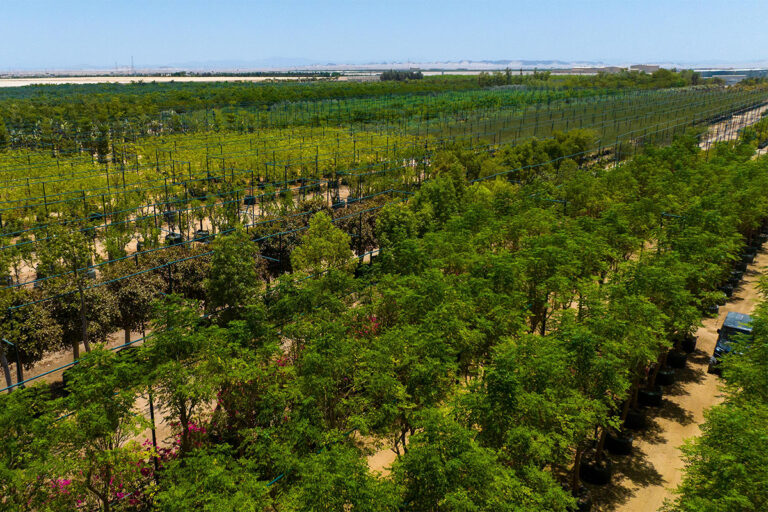
The Middle East is witnessing an unprecedented surge in renewable energy, with solar power playing a leading role. Traditionally known for its oil and gas reserves, the region is now undergoing a transformative shift toward a sustainable energy future. This shift presents both challenges and vast opportunities as countries like Saudi Arabia and the UAE set ambitious targets and implement groundbreaking projects.

Hinde Liepmannsohn, Executive Director of the Middle East Solar Industry Association (MESIA), reflects on how the renewable energy sector has evolved since MESIA’s establishment in 2009. “When MESIA started, the energy landscape was dominated by oil and gas,” she notes. “Today, we represent 80 companies across the solar value chain, and our members span the globe, seeking market exposure and opportunities for collaboration.” Despite recent hurdles, particularly during the COVID-19 pandemic, the organization has grown by 30% over the past four years, driven by an increasing regional focus on sustainable energy.
Moneef Barakat, a board member of MESIA and Managing Director of Solarabic, a UAE-based market research and capacity-building service provider, emphasizes the region’s progress in renewable energy. With 15 years of experience in the energy sector, including managing over 8 gigawatts of solar and energy storage projects, Barakat has seen the transformative power of solar firsthand. “In Germany, solar investment thrives despite limited solar radiation,” he points out. “This contrast with the Middle East, which has some of the world’s highest solar potential, highlighted the need for change.” The realization has spurred countries like Saudi Arabia and the UAE to take decisive action. Saudi Arabia’s Vision 2030 targets 50% of its energy from renewables and 50% from natural gas, aiming to award 20 gigawatts of solar energy annually until 2027.
“Saudi Arabia now aims to reduce domestic oil use in energy generation to zero by 2030. This will free up more oil for export, generating additional revenue while building solar & wind capacity to support green hydrogen production.”
Moneef Barakat, board member MESIA
This ambitious goal reflects a remarkable pivot for a country known for its vast oil reserves. “Saudi Arabia now aims to reduce domestic oil use in energy generation to zero by 2030,” explains Barakat. “This will free up more oil for export, generating additional revenue while building solar & wind capacity to support green hydrogen production.” Solar energy will power the region’s green hydrogen ambitions, paving the way for exports to Europe and beyond. The UAE’s Energy Strategy 2050 is equally bold, with a target for net-zero emissions by 2050 and plans to invest 200 billion dirhams (€50 billion) in clean energy projects. These initiatives have attracted global developers and contractors, transforming the energy landscape. Liepmannsohn added that MESIA is supporting developments on reaching netzero targets with the launch of the Netzero-Solar Champions Programme, for example, to recognize how industries are transforming to meet these demands.
While the Middle East may have entered the renewable energy race later than others, it has taken advantage of lower technology costs and improved efficiency. This has resulted in record-breaking prices for solar energy production. “Saudi Arabia achieved an unprecedented close to one dollar cent per kilowatt-hour,” Barakat notes, adding that this achievement would have been inconceivable just a decade ago. The region’s focus on localization policies has further fueled growth. “Unlike Europe, which imports most of its solar equipment, the Middle East promotes local manufacturing and local content is a mandatory element of some programs,” he says. “Many global players now operate factories or joint ventures in Saudi Arabia, creating jobs and building a local industry.”

MESIA plays a vital role in facilitating this transition. Through knowledge sharing and fostering industry collaboration, it helps bridge the gap between policy, investment, and technology. “We focus on research, market intelligence, and connecting investors with governments and decision-makers,” Liepmannsohn explains. “We may not engage in direct lobbying, but we certainly influence the sector’s development by promoting dialogue and providing critical insights.” MESIA’s new EDU Hub, for example, aims to support professional development in the solar sector by offering information on certified courses and training opportunities.
Despite these advances, challenges remain. Each country in the region has its own policies, which makes standardization difficult. “Our role is to foster collaboration among stakeholders,” Liepmannsohn says. “We aim to support the growth of the sector by facilitating difficult conversations and ensuring everyone is informed.” For the region’s renewable energy future to be successful, both individual and corporate actions must align with national strategies like Saudi Arabia’s Vision 2030.
Barakat believes that the region’s renewable future lies in a blend of technologies. Solar PV energy will complement other forms of renewable energy, such as wind and concentrated solar power (CSP), which can store energy for use after sunset. “Saudi Arabia has recently announced tenders for around 20 gigawatt-hours of battery storage,” he notes. “Among other applications, this will stabilize the grid and manage fluctuations from intermittent sources like wind and solar.”
The Middle East’s energy transition is well underway, and solar power is at its forefront. With the right policies, investment, and local industry development, the region is poised for a future where renewables not only complement traditional energy sources but redefine them.









